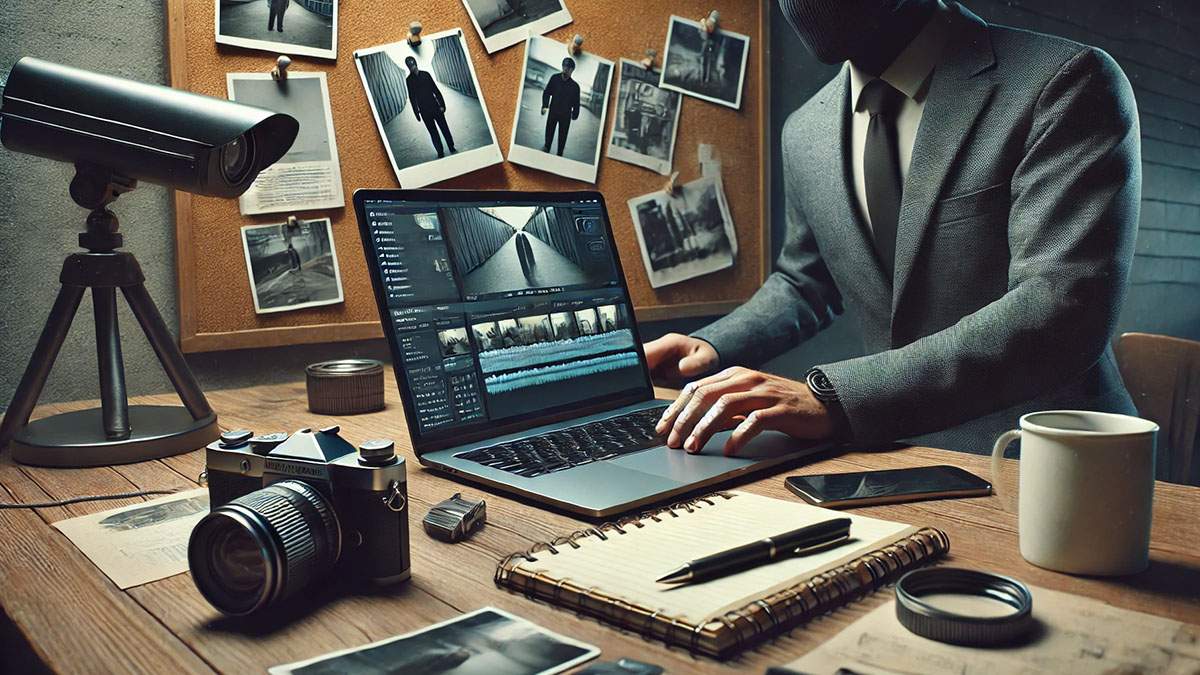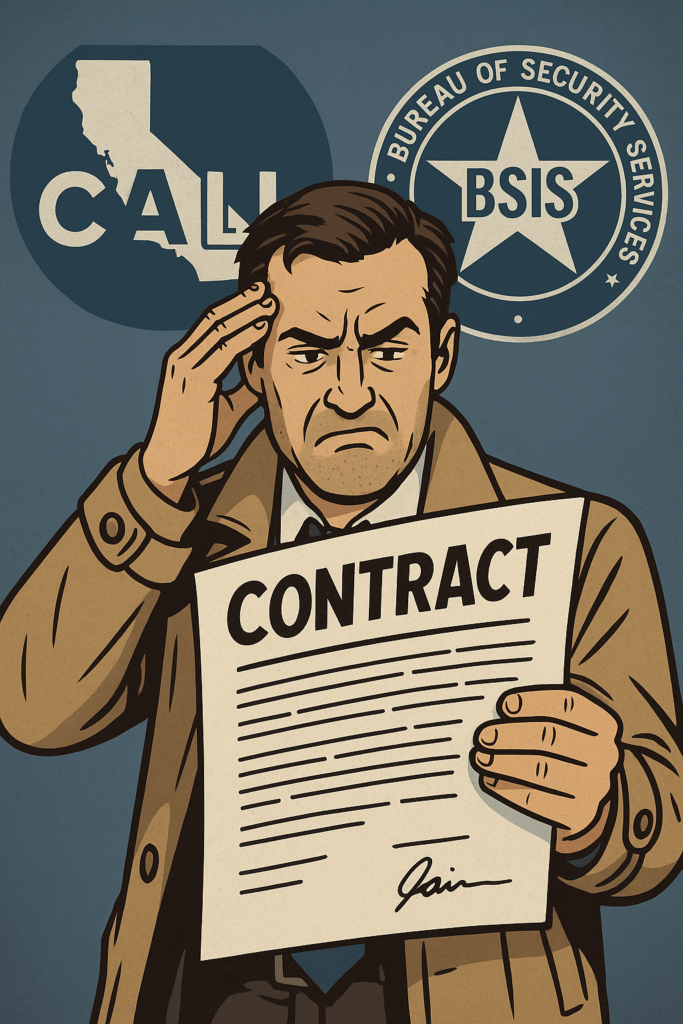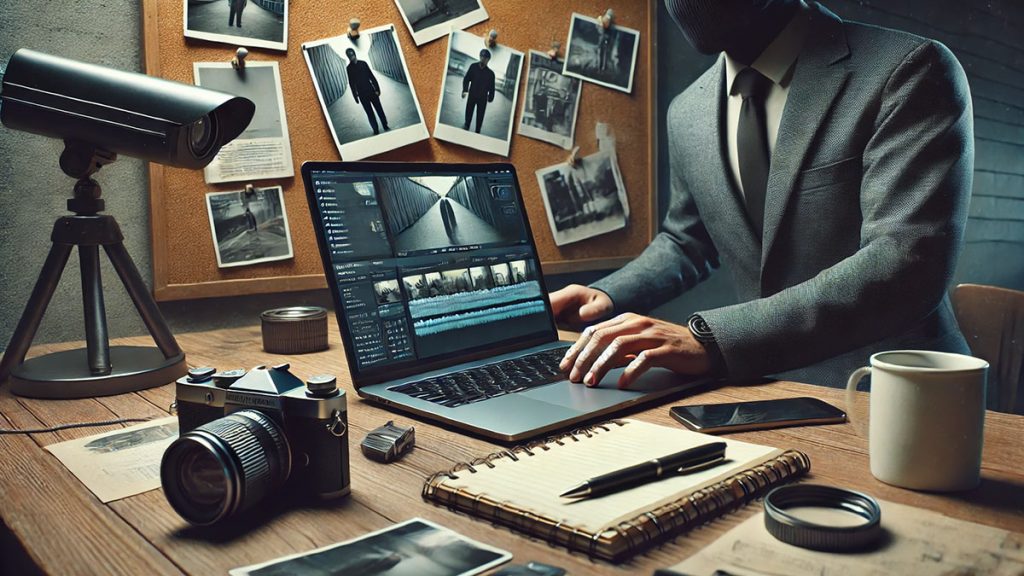Can Private Investigators Take Photos?
Private investigators are often navigating states’ legal grey areas in order to successfully complete surveillance tasks. However, due to different states’ restrictions and local ordinances, your local PI may have to approach surveillance differently. One of the most common questions private investigators get asked is: “Can you take pictures of people?” The answer? Yes!
Is Taking Someone’s Picture Legal
Photographers and private investigators alike have to carefully navigate the legality around taking photos and video. While some legal nuances may vary depending on the context, so long as the investigator is on public property, they can legally take photos and video without an issue. Ultimately, taking a stranger’s photo, while strange (and rude), is technically legal when on public property.
The Importance of Photos and Video
Private investigators rely on their ability to discreetly obtain clear, steady imagery of a subject under surveillance. Whether they’re performing cheating spouse surveillance or chasing after a subject of a fraudulent personal injury claim, PIs need to be able to take both photos and videos for their clients. If the imagery obtained is obscured, blurry or otherwise difficult to view, it likely won’t withstand the rigors of court. Thus, private investigators have mastered gathering footage from all angles, during all hours of the day and night. If you’re an attorney looking for damning evidence on the subject of a suspected fraudulent workers’ compensation or personal injury case, nothing beats hard evidence in court.
Spy Cameras, Resolution and Legality
A few other aspects of obtaining imagery are particularly important for private investigators: how subtle their equipment is, what image quality is produced, and the additional legality of filming into private residences.
Spy cameras are sometimes used by private investigators in special circumstances. While the above legal restrictions still must be adhered to in regards to where they can film, the application of these concealed cameras can open up new approaches to acquiring footage for a client. For example, as the subject of surveillance ideally doesn’t recognize the PI or notice their presence, a discreet PI could approach holding the concealed camera directly at the subject during a process serve and film them up-close without ever being noticed.
The resolution of the camera used for surveillance is often a discussion private investigators have amongst themselves. While fancy camera setups may act as selling points to easily impressed clients, ultimately, a 4K camera, while sharp, relies on a system capable of playing it back in a non-compressed format. Many courtrooms don’t have the setup necessary to fully utilize higher resolutions, so full-HD 1080p at 60fps is the ideal resolution (and framerate) for the vast majority of cases private investigators will encounter, and likely exceeds what their clients will realistically need.
The legality of filming specific locations, when requested by clients, will sometimes pose an issue for a private investigator. For example, filming into a private residence where the subject has the expectation of privacy could cause issues when challenged. As mentioned above, however, the vast majority of photos and videos obtained while standing on public property are completely legal – only when private property becomes involved will the footage in question become an issue.
Smile for the Camera: Private Investigators and Taking Photos
While the idea of a private investigator secretly taking your photo may be unsettling to some, the reality regarding the legality of the act is clear: it’s perfectly legal for a PI to take photos and videos when in public. Ultimately, your best chance of avoiding being documented is to not do anything that would warrant surveillance to begin with – otherwise, your chance of escaping a private investigator’s watchful eye in public is slim to none. To learn more about what private investigators can and can’t do, read more of our articles on Find Your Investigator, where our team of private investigators from across the nation weigh in with expert advice and information regarding the private investigatory field!





